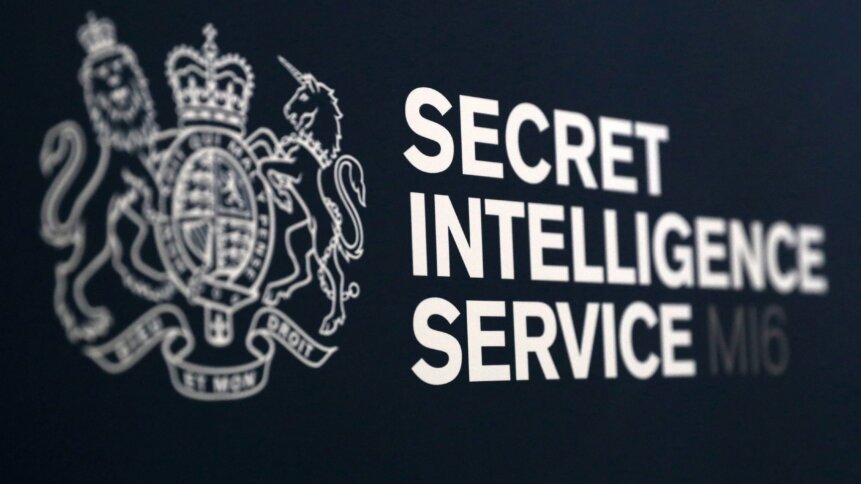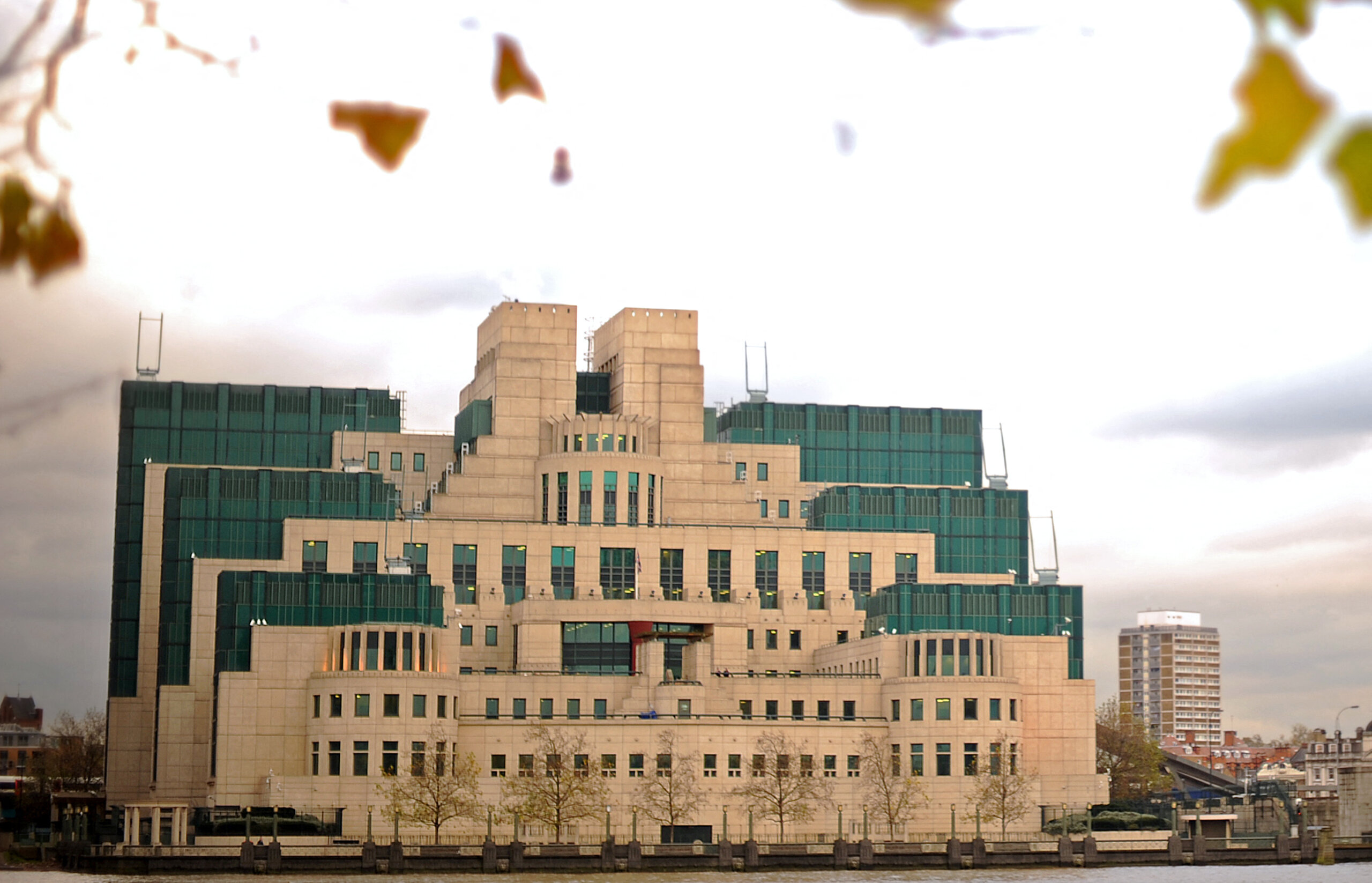Spy chief thinks British intelligence must join with tech firms

The head of the UK’s overseas spy service called this week for British intelligence agencies to shed their culture of secrecy and form partnerships with tech firms to fight hostile states, criminals, and extremists.
MI6 chief, Richard Moore, said in a rare public address that the country’s enemies were pouring “money and ambition into mastering artificial intelligence, quantum computing, and synthetic biology“.
“We cannot hope to replicate the global tech industry, so we must tap into it,” Moore, known as “C” in government, proclaimed in a speech at the International Institute for Strategic Studies in London.
“Unlike Q in the (James) Bond movies, we cannot do it all in-house,” he said, referring to the character who furnishes the legendary spy with all his nifty gadgets. “I cannot stress enough what a sea-change this is in MI6’s culture, ethos, and way of working — since we have traditionally relied primarily on our own capabilities to develop the world-class technologies we need to stay secret and deliver against our mission.”
Cyberthreats from criminals, extremist elements, and hostile states are growing exponentially, warned Moore, who took over as head of British intelligence outfit MI6 last year. “We may experience more technological progress in the next 10 years than in the last century, with a disruptive impact equal to the industrial revolution,” he added.
“It is a white-hot focus for MI6.”

The headquarters of Britain’s MI6 intelligence agency in London. (Photo by BEN STANSALL / AFP)
Russia and China
In a separate interview with BBC radio, Moore said China and Russia — with which Britain has had frayed diplomatic ties — were states of particular concern. Beijing, criticized by London for its treatment of its Uyghur minorities and creeping authoritarianism in its former colony of Hong Kong, was using “debt traps and data traps” to wield global influence, he said.
The “debt trap” refers to China extracting concessions such as the use of ports from countries that sign up to its soft-power infrastructure initiative when they default on loan repayments. “The data trap is this: that, if you allow another country to gain access to really critical data about your society, over time that will erode your sovereignty, you no longer have control over that data,” he said.
“That’s something which, I think, in the UK we are very alive to and we’ve taken measures to defend against.” Britain caused outrage in China last year after blocking the involvement of telecoms major Huawei from involvement in its 5G broadband roll-out, after the United States raised spying concerns.
According to the UK’s ex-Minister of Defense and GCHQ cyber expert, James Griffiths, the co-founder and Technical Director of Cyber Security Associates, partnerships with technology companies both large and small are key to the UK government’s strategy to meet “the ever-demanding threats and technological advances.”
“Technology can help in many ways to automate some of the tasks that intelligence officers do. This could be through the likes of automated big data and analytics to find the needle in a haystack (the potential threat to the UK from an attack) or it could be used to increase the capabilities that officers have available to them when deployed in foreign countries,” elaborated Griffiths. “Technology is a force multiplier in these scenarios meaning that what used to take four to five people now could only need one.
MI6 is no stranger to thwarting lurking Russian dangers, having helped counter the Cold War threat from the Soviet Union in the 20th century, but chief Moore said Vladimir Putin’s Russia remained an “acute threat”, given its actions on the border with Ukraine.
“We worry about build-up of troops and what President Putin’s intentions might be,” “C” said. “It bears very careful signaling to the Russians about, you know, the price that they would have to pay if they intervened, as they did in 2014.”
© Agence France-Presse









